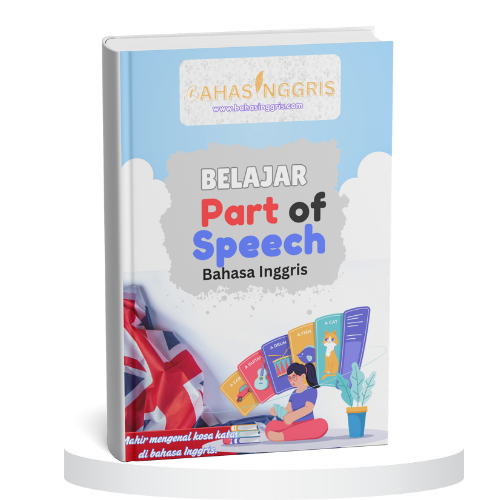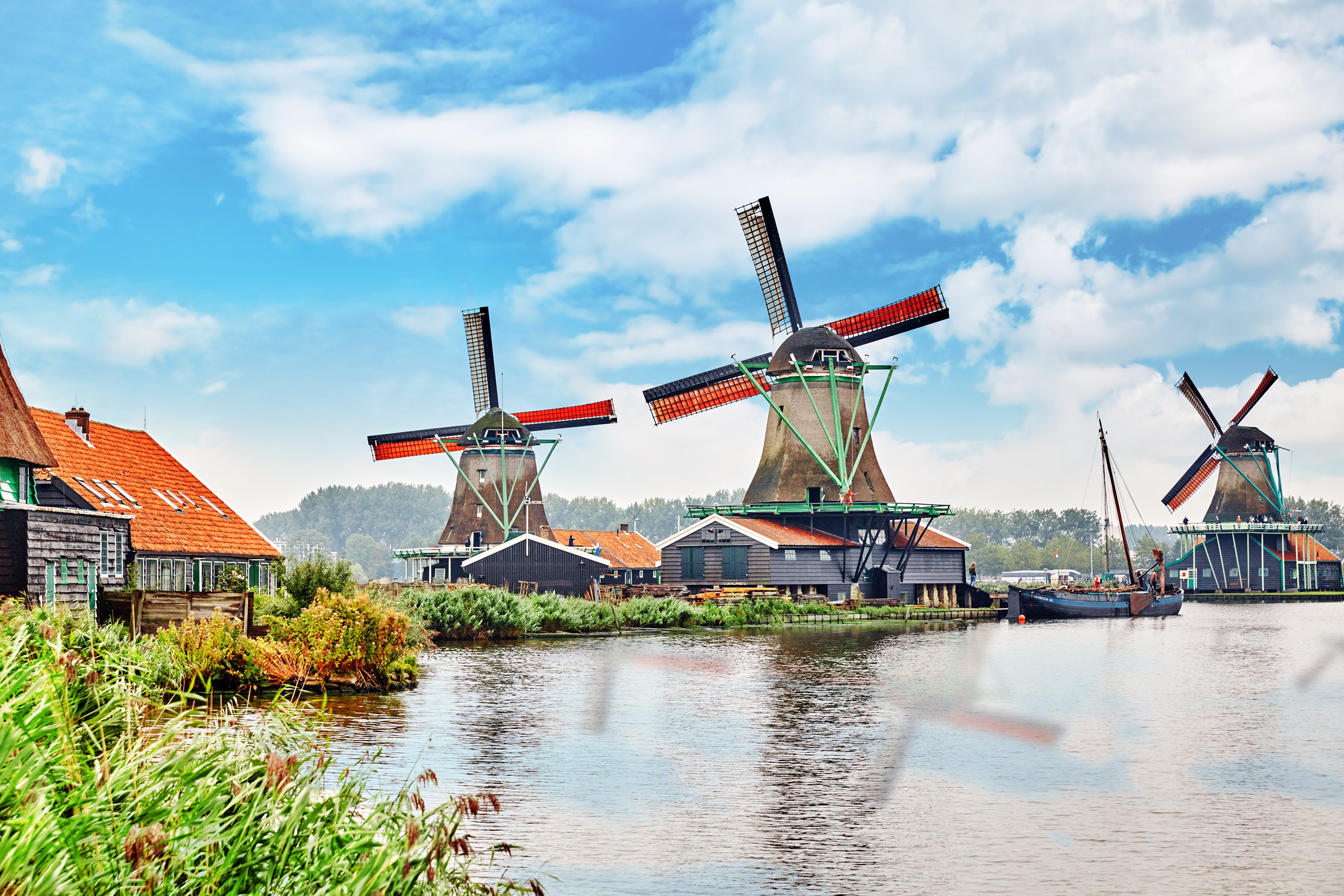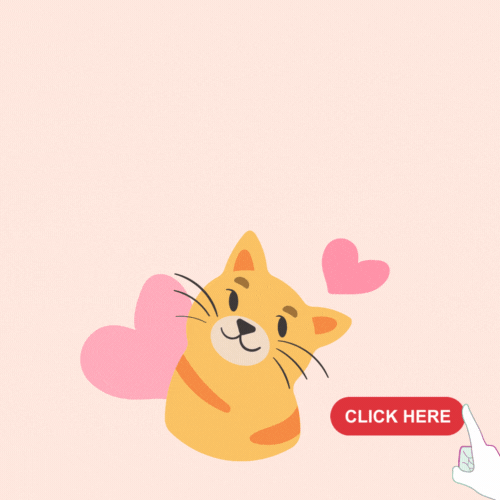
Latihan Simple Present Tense di bahasa Inggris
.png)
Yuk uji kemampuan bahasa Inggris kamu dengan tes ini (bagian 2)
.png)
Indonesian Folktales Series: Lutung Kasarung

Pengertian Noun Di Dalam Bahasa Inggris Dan Jenis Nya
Noun ( kata benda ) didalam bahasa Inggris adalah bermakna nama dari orang, benda, hewan, maupun pikiran. Atau dengan kata lain, sesuatu yang berwujud dinamakan noun. Noun seringkali dipakai sebagai subjek dari sebuah kalimat. Sebagian besar bentuk kata noun memiliki bentuk tunggal ( singular ) atau jamak ( plural ), yang bisa di dahului oleh sebuah artikel dan atau satu atau lebih kata sifat.
Jenis-jenis dari bentuk kata Noun
Noun memiliki beberapa jenis, diantaranya :
- Proper Noun dan Common Nouns
- Countable Noun dan Uncountable Noun
- Collective Noun
- Concrete Noun dan Abstract Noun
- these two short planks
- Frank's the tubby red-haired wife
- a bath with Rosie
- a tune that anyone can whistle
- We could see a plane in the sky.
- I have two brothers, John and Mark.
- I've got a problem with the car.
- Do you like these cakes?
- I'm going out for five minutes.
Contoh kata benda yang tidak dapat dihitung: sand, air, rice, sugar, cheese, tea, coffee, advice, assistance, fun, money, music, art, love, etc.
Contoh uncountable nouns dalam kalimat:
- Can I have some water?
- Shall we sit on the grass?
- The money is much better in my new job.
- I love music.
- Would you like some coffee?
Beberapa catatan mengenai countable dan uncountable nouns sering di pasangkan dengan beberapa kata-kata berikut :
- Much dan many yang sama-sama berarti banyak, biasa digunakan untuk menyatakan jumlah pada countable dan uncountable nouns. Many digunakan untuk countable nouns dan terletak mendahuluinya, sedangkan much digunakan untuk uncountable nouns.
- How many years have you lived in Jakarta?
- She didn’t have much time at the Plaza Indonesia.
- I haven't got many glasses.
- I haven't got much rice.
- Number dan amount mempunyai arti yang sama yaitu jumlah atau sejumlah. Number digunakan untuk countable nouns, sedangkan amount untuk uncountable nouns.
- My teacher gives me a large number of assignments.
- My teacher gives me a large amount of homework.
- We have been friends for a number of years.
-They give us an amount of money.
- Few dan little mempunyai arti yang sama yaitu sedikit. Few digunakan untuk countable nouns,sedangkan little digunakan untuk uncountable nouns.
- A few men attended the party.
- There is only a little milk on the table.
- I've got a few dollars.
- I've got a little money.
- Few people understand the difference.
- Fewer dan less mempunyai arti yang sama yaitu sedikit. Fewer digunakan untuk countable nouns, sedangkan less digunakan untuk uncountable nouns.
- This kind of job will give you fewer dollars.
- He pays me less money than I thought.
- Fewer birds came this year.
- Doctors recommend eating less salt.
- Some dan any mempunyai arti yang sama yaitu beberapa, biasa digunakan untuk menyatakan jumlah tak tentu pada countable nouns (plural) atau uncountable nouns.
- I've got some money.
- Have you got any rice?
- I've got some dollars.
- Have you got any pens?
Countable nouns dapat berbentuk singular maupun plural.
- My cat is playing.
- My cats are hungry.
Countable nouns yang singular dapat didahului dengan kata this, that, every, each, either, danneither, sedangkan yang plural biasanya didahului kata these, those, some, any, enough, danzero article. Lihat juga catatan dan contoh di atas.
Umumnya, uncountable nouns tidak dapat dibuat menjadi plural, kecuali jika disertai oleh jenis kata lainnya.
- New wines are being introduced every day.
- The waters of the Atlantic are much warmer this time of year.
- The Dutch are famous for their cheeses.
Countable nouns dapat diawali oleh a, an (indefinite article) untuk singular dan the (definite article) untuk singular maupun plural.
Jika countable nouns berbentuk singular, maka penggunaan kata seperti a, an, the, my, this,dsb. harus digunakan.
- I want an orange. (tidak bisa dikatakan I want orange.)
- Where is my bottle? (tidak bisa dikatakan Where is bottle?)
Tetapi, jika countable nouns berbentuk plural, maka kata benda itu dapat berdiri sendiri:
- I like oranges.- Bottles can break.
Terkadang uncountable nouns diperlakukan singular yang akhirnya juga menggunakan verbasingular.
- This news is essential.
- Your luggage looks heavy.
Indefinite article a, an tidak umum dipakai pada uncountable nouns.
- a piece of news (bukan a news)
- a bottle of water (bukan a water)
- a grain of rice (bukan a rice)
Jadi, harus diberi kata keterangan di depannya. Perhatikan contoh lainnya berikut ini.
- There has been a lot of research into the causes of this disease.
- He gave me a great deal of advice before my interview.
- They've got a lot of furniture.
- Can you give me some information about uncountable nouns?
Uncountable nouns juga sering digunakan tanpa article (zero article)
- Poetry is beautiful.- Sugar is sweet.
- Experience is the best teacher.
Uncountable nouns dapat didahului dengan kata some, any, enough, this, that, dan much. Dan karena bukan countable nouns maka tidak dapat didahului dengan kata these, those, every, each, either, and neither. Lihat lagi catatan dan contoh di atas. Merupakan hal yang penting untuk mengetahui apakah suatu kata benda itu termasuk dalamcountable nouns atau uncountable nouns. Hal ini akan memudahkan kita untuk mengenali jenis kata apa saja yang dapat diletakkan di sekitarnya.
Contoh Collective Noun dari kelompok orang :
army, class, audience, committe, couple, crew, gang,jury, family, navy, police, senate, team
flock, colony, fish, deer, herd
Contoh Collective Noun dari kelompok benda ( abstrak ) :
bunch, bundle, clump, company, department, equipment, faculty, furniture, pair, stack
Abstract Noun adalah kata benda yang bersifat abstrak ( intangible ). beberapa contoh kata dari abstract noun ini adalah :
- Beauty
- Bravery
- Brilliance
- Brutality
- Calm
- Charity
- Coldness
- Compassion
- Confidence
- Contentment
- Courage
- Curiosity
- Dedication
- Determination
- Ego
- Elegance
- Enthusiasm
- Envy
- Evil
- Fear
- Generosity
- Goodness
- Graciousness
- Hatred
- Honesty
- Honor
- Hope
- Humility
- Humor
- Insanity
- Integrity
- Intelligence
- Jealousy
- Kindness
- Loyalty
- Maturity
- Patience
- Perseverance
- Sanity
- Self-control
- Sensitivity
- Sophistication
- Stupidity
- Sympathy
- Talent
- Tolerance
- Trust
- Warmth
- Weakness
- Wisdom
- Wit
Showing Emotions/Feelings
- Adoration
- Amazement
- Anger
- Anxiety
- Apprehension
- Clarity
- Delight
- Despair
- Disappointment
- Disbelief
- Excitement
- Fascination
- Friendship
- Grief
- Happiness
- Hate
- Helpfulness
- Helplessness
- Infatuation
- Joy
- Love
- Misery
- Pain
- Pleasure
- Power
- Pride
- Relaxation
- Relief
- Romance
- Sadness
- Satisfaction
- Silliness
- Sorrow
- Strength
- Surprise
- Tiredness
- Uncertainty
- Wariness
- Weariness
- Worry

Use INVOLVE20
code. Get 20% off for new membership.Topik Lain:
Topik Pilihan:
Update
Paling sering dilihat
.png)
Yuk uji kemampuan bahasa Inggris kamu dengan tes ini (bagian 2)
.gif)
Latihan Simple Past Tense di bahasa Inggris

Latihan Simple Present Tense di bahasa Inggris
Topik Utama
.png=w1096-h616-p-k-no-nu)
Cari Artikel :
Iklan
Subscribe Kami
.png)
Menu
jam
░B░A░H░A░S░I░N░G░G░R░I░S░.░C░O░M░
𝕸𝖊𝖉𝖎𝖆 𝖇𝖊𝖑𝖆𝖏𝖆𝖗 𝖇𝖆𝖍𝖆𝖘𝖆 𝕴𝖓𝖌𝖌𝖗𝖎𝖘 𝖔𝖓𝖑𝖎𝖓𝖊 𝖚𝖓𝖙𝖚𝖐 𝖘𝖊𝖒𝖚𝖆 𝖐𝖆𝖑𝖆𝖓𝖌𝖆𝖓 𝖇𝖆𝖎𝖐 𝖘𝖎𝖘𝖜𝖆 𝖘𝖊𝖐𝖔𝖑𝖆𝖍, 𝖒𝖆𝖍𝖆𝖘𝖎𝖘𝖜𝖆 𝖉𝖆𝖓 𝖚𝖒𝖚𝖒. 𝕯𝖎𝖘𝖆𝖏𝖎𝖐𝖆𝖓 𝖘𝖊𝖈𝖆𝖗𝖆 𝖑𝖊𝖓𝖌𝖐𝖆𝖕 𝖉𝖊𝖓𝖌𝖆𝖓 𝖇𝖊𝖗𝖇𝖆𝖌𝖆𝖎 𝖙𝖔𝖕𝖎𝖐 𝖙𝖊𝖓𝖙𝖆𝖓𝖌 𝖇𝖆𝖍𝖆𝖘𝖆 𝕴𝖓𝖌𝖌𝖗𝖎𝖘 𝖘𝖊𝖗𝖙𝖆 𝖎𝖓𝖋𝖔𝖗𝖒𝖆𝖘𝖎 𝖒𝖊𝖓𝖆𝖗𝖎𝖐 𝖘𝖊𝖕𝖚𝖙𝖆𝖗 𝖇𝖆𝖍𝖆𝖘𝖆 𝕴𝖓𝖌𝖌𝖗𝖎𝖘 𝖉𝖆𝖓 𝖇𝖊𝖗𝖇𝖆𝖌𝖆𝖎 𝖙𝖎𝖕𝖘 𝖇𝖊𝖗𝖒𝖆𝖓𝖋𝖆𝖆𝖙. 𝕾𝖊𝖑𝖆𝖒𝖆𝖙 𝖇𝖊𝖑𝖆𝖏𝖆𝖗 !
Most Popular
.png)
Yuk uji kemampuan bahasa Inggris kamu dengan tes ini (bagian 2)
.gif)
Latihan Simple Past Tense di bahasa Inggris

Latihan Simple Present Tense di bahasa Inggris
Cari artikel lainnya
Ilmu Berbahasa Inggris
Rekomendasi buku buat kamu

Super Easy English Conversation
Buku conversation ini hadir untuk membantu semua yang sedang belajar conversation. Baik pelajar, mahasiswa, masyarakat umum baik tua maupun muda untuk belajar conversation atau speaking dalam Bahasa Inggris dengan cara yang lebih mudah. Materi dalam buku ini dimulai dari materi dasar dalam conversation yaitu greeting (sapaan) hingga pada materi stating prohibiton (menyatakan larangan). Buku ini berisi juga dialog-dialog yang sesuai dengan kehidupan sehari-hari kita. Buku ini disajikan menggunakan dua bahasa yaitu Bahasa Inggris dan terjemahan Bahasa Indonesia. Sehingga siapa saja yang membaca buku ini, pasti akan segera lancar dalam conversation. Buku ini juga dilengkapi dengan soal-soal sesuai dengan topik conversation pada setiap bab. Sehingga Anda juga bisa mengukur kemampuan Anda dalam menerapkan conversation sesuai dengan konteks situasi yang ada. Jadi jangan lagi bilang "Bahasa Inggris itu susah". Ya susah jika tidak mau belajar. Yuk jago berbahasa Inggris!
Ada Pertanyaan? Hubungi Kami
Topik Populer
.png)



.png=w413-h138-p-k-no-nu)
.png=w413-h138-p-k-no-nu)
.png=w413-h138-p-k-no-nu)


































0 Komentar
Terima kasih telah meninggalkan komentar.